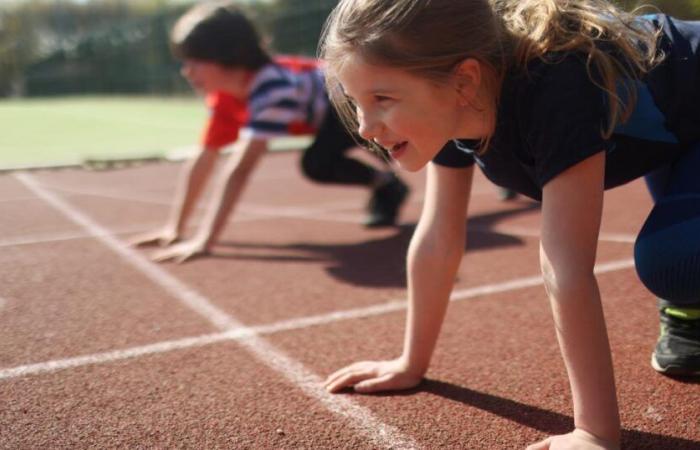
The consequences of physical inactivity on health
What is your assessment of the practice of sport in France?
P.R. : At the start of our interview, I cited the two-thirds of French people aged 15 and over who exercise regular physical and sporting activity. This figure masks a great deal of heterogeneity. Around 70% of people from a disadvantaged class never play sport, compared to only 8% of people from higher categories. In other words, sport is a real social marker.
A survey published shortly before the Olympics showed that one in three French people had given up playing sport lack of financial means (4). There is also a difference between the sexes: 71% of men practice, compared to 60% of women. Finally, half of people with disabilities never engage in physical or sporting activity.
In countries where sport is promoted from school onwards, where economic resources have been invested in infrastructure and in the accessibility of sport for all, these differences, particularly social, are much smaller. This is the case in Finland, which is a champion country for healthy sports (5) and in Australia.
What are the consequences, in terms of health, of this lack of sports practice in France?
P.R. : The specialists cited in our book are sounding the alarm about the danger linked to a lack of physical activity and a sedentary lifestyle, particularly among young people. In France, in 2017, 20% of children aged 6 to 17 were overweight. Many adolescents today have type 2 diabetes or mental illnesses, warns doctor Michel Cymes. It is therefore urgent to act, to change mentalities.
The fact of not giving sport an essential place is all the more incomprehensible since all its benefits are known and evaluated, whether in terms of public health, well-being or productivity at work. Moreover, at a time when we are talking about budgetary restrictions, the game is worth it from an economic point of view.
According to a 2022 report from the Ministry of Sports on the socio-economic impacts of sport-health in France, if more than a million physically inactive French people reached WHO recommendations, more than 250 million euros in health expenditure would be health would be saved each year.
Solutions to become a sporting nation
Have the 2024 Olympic Games marked a change in the promotion of sport?
P.R. : In the wake of preparation for the Olympics, a plan was voted in 2022, which provides for the construction between 2024 and 2026 of 5,000 new sports facilities. But given the needs, this does not seem sufficient. And today, beyond the Paris region and the few decentralized Olympic sites (Marseille, Tahiti, Châteauroux), the material legacy of the Olympics remains limited.
Furthermore, the public authorities could have “surfed” on the Olympic wave and decided to generalize the “Two hours of additional physical and sporting activity” system to middle schools. However, this generalization has just been abandoned.
Another example of a measure producing little or no effect: the government has implemented the Sports Pass, aid of 50 euros for membership in sports clubs, but half of the young people who could qualify for it have not. not used.
Give us reason to hope! What are the solutions for France to become a true sporting nation?
P.R. : France will host the Winter Olympics and Paralympics in 2030, which will perhaps generate new momentum. The passivity of public authorities in matters of sport is perhaps linked to the bad economic situation. It would be incomprehensible if it continues, given the urgency of the public health situation.
Should we therefore expect everything from the State? Huge question! Companies can act to encourage the practice of sport by their employees. A majority of us are aware of the benefits of sport. At the individual level, through voting for example, we can act so that sport takes more space in the public debate. But it will take time!
Yet the solutions are within reach. To cite just a few ideas: if tomorrow we imposed 4 hours of compulsory PE at college, if we applied a coefficient of 7 to sport at the baccalaureate, if we granted tax exemptions to business leaders to encourage employees to do sport during working time, if we broadened activity orders adapted physical form, sport would become part of morals. Every year, physical activity should be declared a major national cause!





